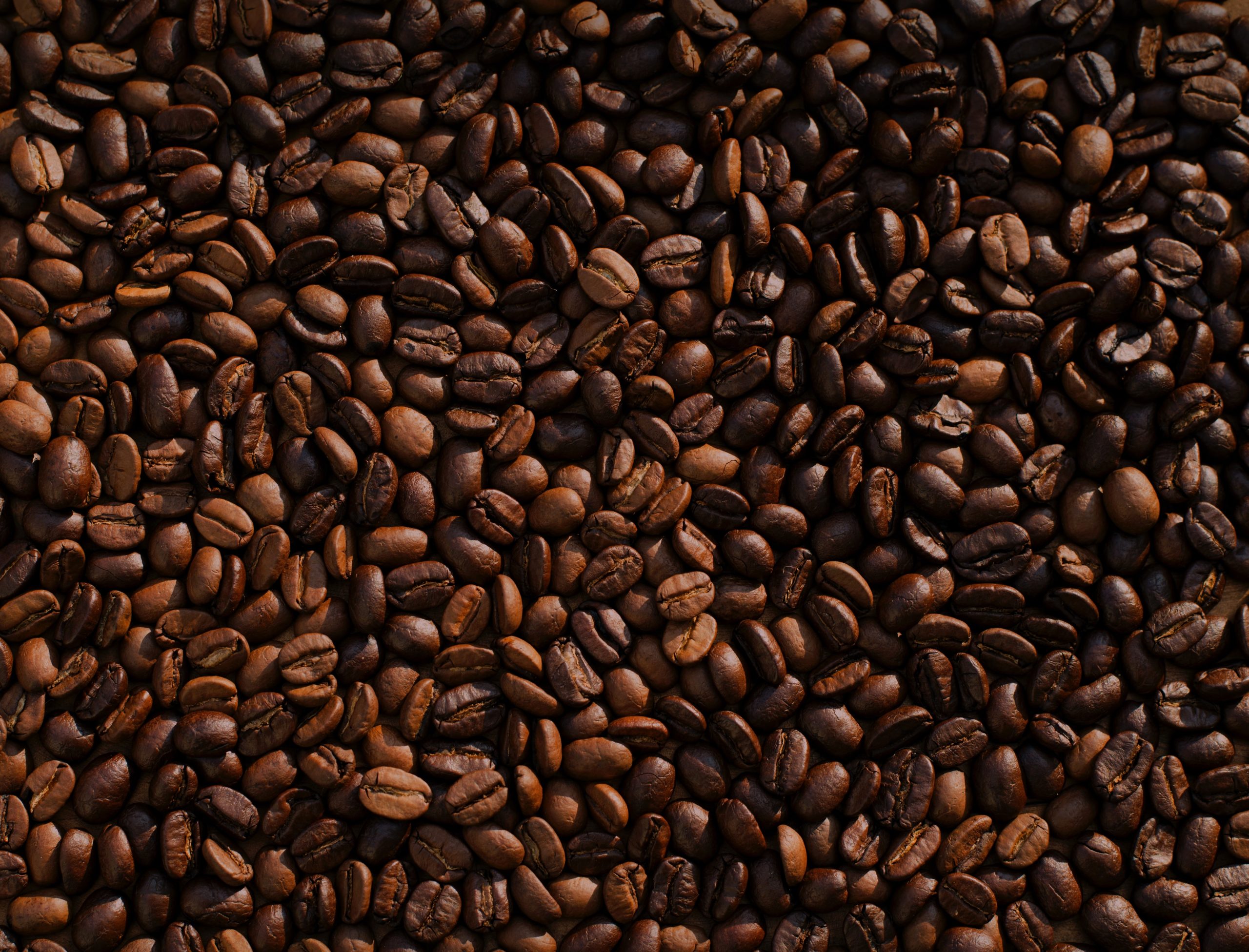In the coldest month of winter, you just want to wrap yourself up in a hundred layers of warm clothes, stay at home and watch TV shows until spring. But is it worth avoiding the cold entirely? Can it benefit our body? Let’s look at this issue.
Winter is a time when the air is almost always too dry, and the thermometer does not often rise above zero. A strong drop in temperature, of course, affects the human body. Along with the unpleasant consequences, there is a certain beneficial effect. In this article, we’ll cover both.
Why cold and low humidity are dangerous
Prolonged exposure to frost does not necessarily harm health. But there is a risk. Especially if you don’t dress for the weather. There are three most dangerous effects of cold.
1. Weathering
Dry frosty air causes the skin to dry out. Moisture is literally eroded from the texture of the epidermis. He turns red, itchy, can swell. In winter, there is even a risk of getting a real burn. Ultraviolet rays reflect off snow and ice. They fall on dehydrated, dry skin that does not have enough resources to withstand the harmful UV exposure. Therefore, sunny winter days are no less dangerous for the skin than summer and hot ones.
This is why in the cold season, the skin needs more thorough care: moisturizers and nourishing creams, sun protection products that should be regularly applied to the whole body. And also active support from within: vitamins and minerals.
2. Frostbite
When the thermometer goes down, all body tissues begin to freeze. The first to suffer are those that are less supplied with blood – the tips of the fingers, nose, ears. If the skin turns red, numb, painful tingling is felt – the body needs to warm up. Do not ignore these signals for a long time. After all, blood vessels can be damaged. And with severe frostbite, you will need the help of a doctor.
3. Hypothermia
This condition is also called hypothermia. With it, the body gives off more heat than it can produce. Heat transfer is especially fast in cold water, up to 25 times faster. Even with a relatively tolerant frost down to minus 10, you can easily overcool. Body temperature less than 35 degrees is an alarming signal. If it lasts long enough, the internal organs will go into shock. And this is a huge risk of a heart attack (in winter it rises up to 70% compared to the warm months), which can be fatal. The fact that the body is overcooled can be understood by strong tremors, inhibition of reactions, slow breathing, impaired coordination and confused thoughts.
How the body reacts to a cold
The very first reaction of the body to a drop in temperature is trembling. Through rapid muscle contractions, the body generates heat. Similar processes are stimulated by the hypothalamus. This area of the brain tries to immediately provide warmth to vital organs. In this case, you can observe goose bumps on the skin. This reaction is from the days when our ancestors were covered with hair.
Sniffing and a runny nose also protect against frost. The nose is an important part of the respiratory tract, which is responsible for heating the air before it goes to the lungs. It also purifies and humidifies dry cold air. And this is precisely what the active production of mucus helps. If too cold air enters the lungs, it can irritate the organ. First of all, it is dangerous for those who suffer from various respiratory diseases – bronchitis, asthma, COPD. Dyspnea and wheezing appear due to lung irritation.
Also, frost increases susceptibility to infections. It is during the winter period that people most often get sick. There are at least three reasons for this. First, many viruses are better adapted to cold and low humidity conditions. Secondly, the concentration of people in the premises is increasing. Thirdly, as you know, immunity becomes weaker at this time of the year.
Studies have confirmed that temperatures of plus 2 degrees and below negatively affect the protective functions of the body. Usually, immune cells are able to build multi-layered defenses by producing large amounts of antiviral proteins. This happens very quickly. Since the cells warn each other about the threat. But when the body is exposed to subzero temperatures, the rate at which these signals are transmitted decreases. Immunity cells do not have time to produce proteins and the virus easily “attacks” them.
Unobvious benefits of low temperatures
Cold improves sleep
According to research, the optimal temperature for sleeping is between 15-19 degrees Celsius. When a person sleeps, the body cools down by itself. If the room is too hot, it interferes with the natural process of falling asleep. Insomnia often occurs when the body cannot regulate its temperature. Scientists have proven that artificially lowering body temperature helps to get rid of sleep problems. However, there is difficulty in breathing if a person suffers from apnea, which must be borne in mind.
Fat burns faster
Even at moderately cool temperatures, accelerated fat burning begins, mainly brown. This is caused, among other things, by tremors. When the body trembles, it actively produces the hormone irisin. Its effect can be compared to fat loss in a full workout. Although using cold as the main weight loss tool is of course pointless.
But in combination with training, the hardening result will be better. And drinking cool water during sports increases productivity and slightly increases calorie expenditure. However, people who are prone to migraines should drink cold water with care. Headaches can get worse.
Has a noticeable analgesic effect
So far, a cold compress is the most obvious way to relieve pain and inflammation after falls and bumps. There is a whole medical field – cryotherapy. This is a controlled cold treatment. This therapy relieves pain in muscles and joints, reduces inflammation and treats rheumatism. True, this effect is not useful in all cases. For severe bruises, injuries, diseases, it is better to consult a specialist. And to be treated not only with cold, but also use other effective means.
Bad weather improves communication between people
It turns out that when the weather outside the window is not happy, people often contact those who are really dear to them. They communicate more and feel more connected. The truth is not with everyone, but only with the closest ones.
Can you adapt to the cold?
How subzero temperatures feel is influenced by individual characteristics: height, weight, metabolism. The higher a person’s height, the more heat needs to be maintained over a larger area of the body, and the faster it leaves. Adipose tissue helps to retain it. Therefore, overweight people, as well as short ones, usually freeze less. A fast metabolism also helps to keep warm, albeit for a short time.
Fortunately, a person of any build can get used to the cold. If you regularly temper, over time, the body no longer reacts so actively to the heat drop. In order for stress and discomfort to noticeably decrease, the vessels stopped narrowing, and the body as a whole no longer cooled so much, it is enough to expose it to the same cool temperature for about 20 days.
Some studies show that even a 30-second cold shower reduces susceptibility to disease by 29%. Although it is not known for sure whether this is or is a consequence of the fact that contrast shower lovers lead a generally healthier lifestyle. At least hardening is absolutely not harmful to health.
However, this does not mean that you need to constantly freeze. While you shouldn’t be afraid of the cold, keeping warm is also important. The right clothes will help you with this. Do not forget about gloves, a hat, a scarf and other attributes of a winter wardrobe. And when you realize that you are cold, it is better to immediately return to a warm room.






